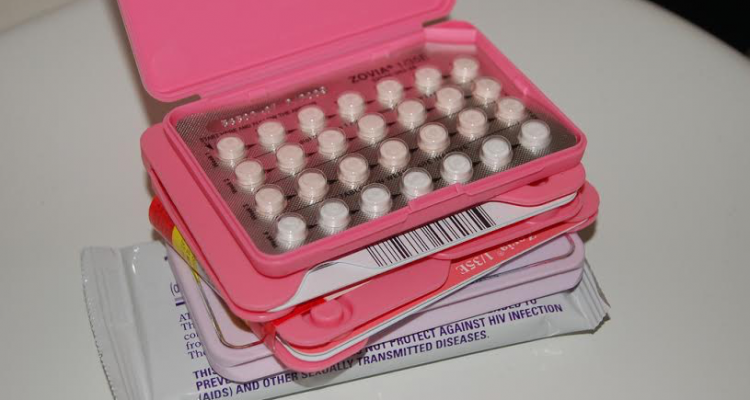Fairfield University’s lack of an official policy regarding student access to contraceptives sparked months of active dialogue between students, faculty and staff throughout the 2017-18 school year. This conversation, which began over the idea of condoms being sold in the John A. Barone Campus Center Stag Spirit Shop, rapidly expanded to discuss where else, and who else, on University property could supply contraceptives to students.
As of the May 5, 2018 concluding meeting, the small group of University representatives who made up the committee created and passed their official statement, which can be found in the 2018-19 student handbook and states, “While we honor the freedom of our students to make decisions as free and responsible persons — and we recognize that persons of good will may choose otherwise — as a Catholic institution committed to the dignity of the human person we (Fairfield employees, students or club members acting in an official capacity, or organizations and events sponsored by the University) will not sell or offer any contraceptive devices or birth control.”
When questioned regarding the policy, associate vice president and dean of students Karen Donoghue, who attended the dialogues, replied that, “A similar statement [to the new policy] can be found at many of our sister Jesuit institutions within their student handbook. The statement drafted by students, faculty and staff articulated our lived practice. It represents our Jesuit, Catholic mission and appreciation for the human person. It also honors the freedom of our students to make their own decision.”
Fr. Michael F. Tunney, S.J., who was present at all meetings regarding the policy, commented that the policy “strikes a good balance between referencing the church teaching on sexuality without spelling it all out,” and mentioned that the end policy was made from “statements written by those students who opposed condoms in the Stag Shop and those students in favor of having condoms at the Stag Shop… Both sides were represented at the meetings.”
In the end, the statement recorded during the final meeting on the topic was exactly what now appears in the latest handbook, “down to the dashes, colons and semi-colons.” Students also expanded from the initial Stag Spirit Shop debate to create policy on if school affiliated clubs and organizations could distribute condoms on campus, with the finalized statement saying that this was not permitted.
Student reactions to this policy are mixed. Some students, like Students for Life Co-President Lauren Hart ‘19 and her Co-President Kathleen Curry ‘19, approved of the policy, with Hart stating that, “Regardless of how we feel personally on the issue, we are pleased that Fairfield is keeping in tradition with other Jesuit campuses by not selling contraceptives on campus.”
Others, including Elliot Harrell ’20, disagree with the position and said that, “Condoms are an essential part of a college students life and, by not providing them on campus, it doesn’t act like a deterrent for sex, it just makes sex less safe which isn’t a good message to preach to prospective students.”
Regardless of student opinion on the matter, when questioned about her position on and the medical consequences of the policy, Student Health Center director Julia A. Duffy, MS, APRN, FNP-BC simply reminded students that, “students with a medical indication for certain hormonal therapies are still able to receive clinical services at the SHC. As we are providing health services in the setting of a Catholic University, the SHC follows the same clinical directives as all other Catholic Health Care Services.”


Leave a Reply